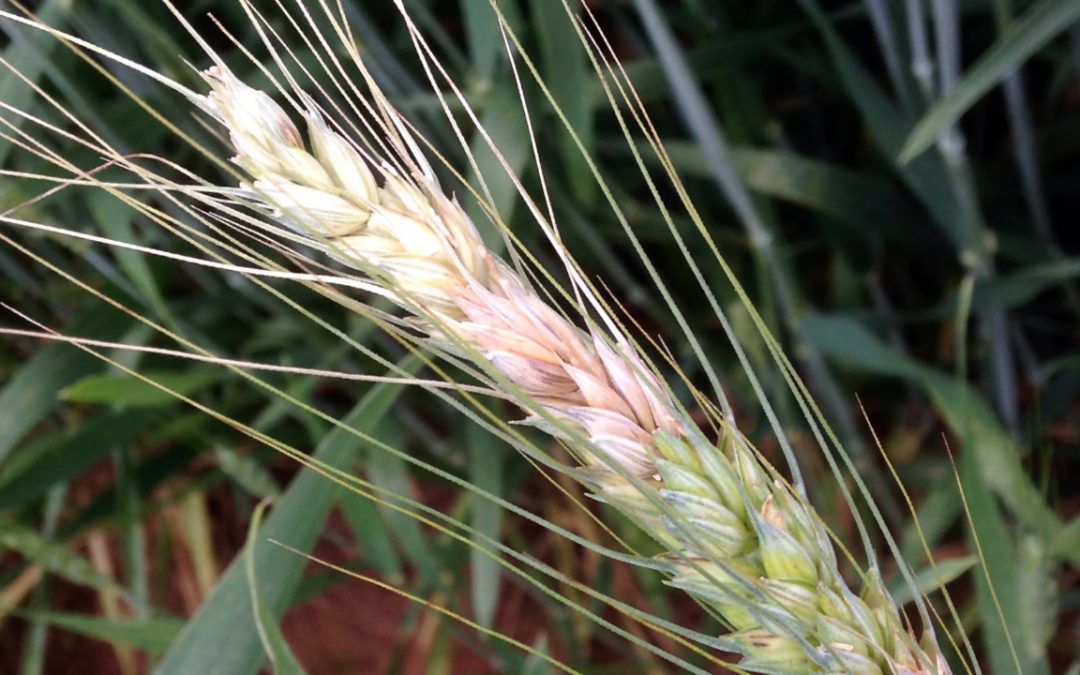“The mission of the Alabama Variety Testing Program is to provide research-based, unbiased results on the performance of various crop hybrids, cultivars, and varieties to the agricultural community in our state. We are intent on conducting these trials in a manner that will result in maximum biological yield through methods common to the top-producing farms in Alabama. We are committed to providing this information in a rapid, timely manner for its use during the decision-making process. The success of the program rests upon our ability to help Alabama producers provide a safe, dependable source of food and fiber for all families as well as economic sustainability for theirs.”
Methods
Planting dates for all trials in 2018‐19 are shown in Table 1. Variety treatments were arranged in a randomized complete block experimental design with 3 replications. Fungicide treated seeds were drill planted to attain a population equivalent to local production practices. All tests were fertilized according to soil test recommendations, including 20 lbs/acre N at planting. A top dressing of 70 lbs/acre N was made in late February or early March, just prior to “jointing”.

